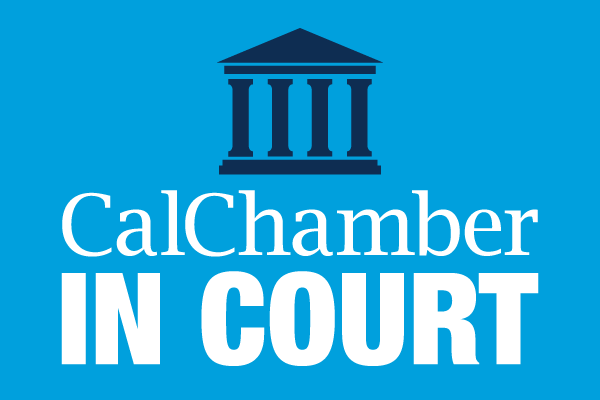
A Ninth Circuit Court of Appeals panel has voted to withdraw its original ruling on California arbitration agreements in employment and rehear arguments on AB 51, leaving the law unresolved.
AB 51 prohibited employers from requiring employees to sign agreements to arbitrate any disputes arising from the employee’s employment — a longstanding employer practice.
CalChamber Challenge
Since passage of AB 51 in 2019, the California Chamber of Commerce and others have challenged the law, which resulted in the law initially being invalidated by the U.S. district court, then reinstated at the Ninth Circuit Court of Appeals, and now, with a recent order from the Ninth Circuit, the law has been left in limbo.
In 2021, a Ninth Circuit three-justice panel held that the Federal Arbitration Act (FAA) didn’t preempt AB 51, and thus California could enforce its prohibition on mandatory employment arbitration agreements (Chamber of Commerce of the United States of America, et al. v. Bonta, et al., No. 20-15291 (9th Cir. Sept. 15, 2021)).
In the majority decision, the panel said that AB 51 regulated only pre-contract behavior that is not regulated by the FAA. The FAA, according to the majority, regulates only whether the agreements, once entered into, are enforceable. Because of this difference in approach, the majority upheld AB 51.
Split Decision
The panel was split 2-1, however, as Justice Sandra Ikuta dissented from the majority. Justice Ikuta cited a significant history of U.S. Supreme Court cases where state legislatures passed “workaround” laws that didn’t directly affect arbitration agreement enforcement. Instead, those laws made it more difficult to enter into arbitration agreements in the first place. The U.S. Supreme Court found in those cases that laws designed to burden the formation of arbitration agreements violated the FAA.
Justice Ikuta found that AB 51 was a similar type of law as those the U.S. Supreme Court struck down and, for this reason, dissented from the majority.
Following the Ninth Circuit decision, a petition for a rehearing en banc was filed asking for all the Ninth Circuit justices to weigh in on the law. While the petition was pending, AB 51 remained unenforceable.
U.S. High Court Ruling
The Ninth Circuit chose not to rule on the petition until after the U.S. Supreme Court issued its decision in Viking River Cruises v. Moriana, a separate lawsuit regarding a California Supreme Court decision preventing mandatory arbitration of California Private Attorneys General Act (PAGA) claims.
The U.S. Supreme Court found that the California Supreme Court decision affected enforceability of arbitration agreements and, thus, violated the FAA.
Following this ruling, two justices from the original Ninth Circuit panel decision, Justice Ikuta and Justice William Fletcher, voted on their own to withdraw the original opinion. This means that the Ninth Circuit panel will rehear arguments, in light of the U.S. Supreme Court’s Viking River Cruises ruling, to determine whether AB 51 violates the FAA.
While the rehearing and the ruling are pending, AB 51 continues to be unenforceable. Employers who wish to continue using mandatory arbitration agreements are still strongly encouraged to consult legal counsel to evaluate risks and benefits to using arbitration agreements.

